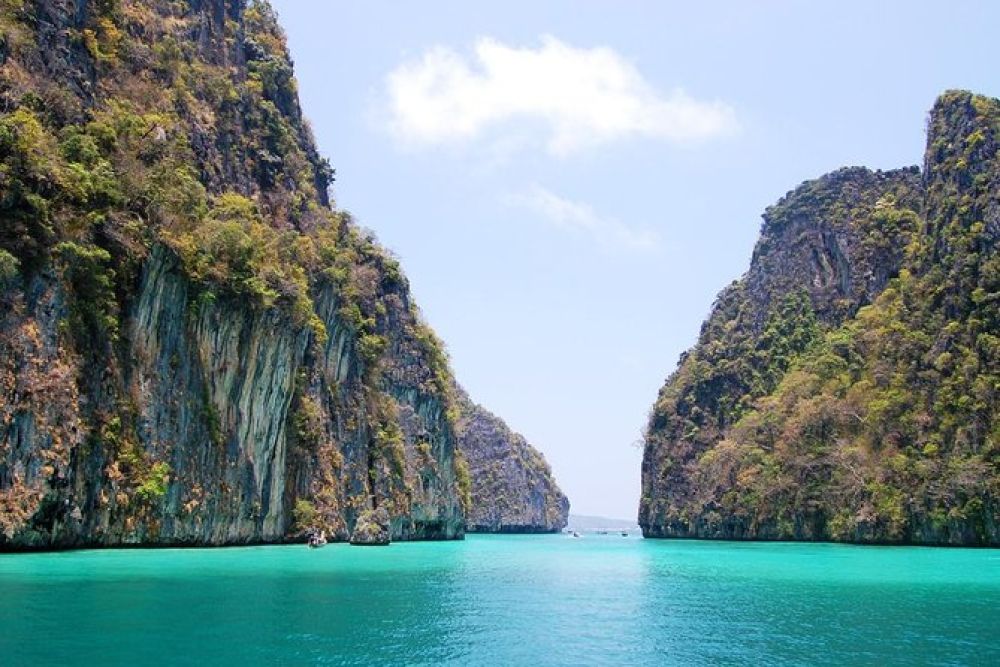

Ko Yao Yai is an idyllic island situated in the heart of Phang Nga Bay in southern Thailand. It is part of an island group called Ko Yao, which also includes its smaller sister island, Ko Yao Noi. Historically, Ko Yao Yai was primarily an agricultural and fishing community. It remained relatively untouched by tourism until the late 20th century.
The significant shift in Ko Yao Yai's tourism landscape came in the 1980s and 1990s, when backpackers and adventure travelers started to explore the island. The island's pristine natural beauty, with its clear waters, sandy beaches, and diverse wildlife, started attracting tourists searching for a tranquil getaway from the bustling tourist spots.
Over the years, the local community, recognizing the value of sustainable tourism, has made a concerted effort to preserve their traditions and environment. This has led to an increase in eco-tourism and community-based tourism activities, with visitors being offered homestays and the opportunity to engage in local customs and activities.
The Phi Phi Islands, on the other hand, have a contrasting history with tourism. These islands, located between the island of Phuket and the west Strait of Malacca coast of the mainland, turned into a tourism hotspot more rapidly than Ko Yao Yai.
In the early 1980s, only adventurous travelers visited the Phi Phi Islands, drawn by the stunning coral reefs and marine life, making it a paradise for divers. However, the release of the movie "The Beach" in 2000, starring Leonardo DiCaprio and filmed on the Phi Phi Ley island's Maya Beach, launched the islands into global fame.
As a result of the film, tourism exploded on the Phi Phi Islands. A plethora of accommodation, ranging from basic bungalows to luxury resorts, sprang up to cater to the influx of international visitors. The islands' nightlife and party scene also expanded, attracting a younger crowd of travelers.
Unfortunately, this rapid growth came with a downside, including environmental degradation and the loss of local culture. In recent years, the Thai government has taken steps to manage the flow of tourists and protect the islands' natural resources, including temporarily closing Maya Beach to allow the ecosystem to recover.
Recently, the tourism industry in both Ko Yao Yai and Phi Phi Islands has been affected by global events, such as the COVID-19 pandemic. This has led to an increased awareness and demand for responsible travel that respects local communities and the environment.
Sustainability is at the forefront of present tourism trends. Travelers now seek authentic experiences over typical sightseeing. In response, both Ko Yao Yai and the Phi Phi Islands promote sustainable tours, conservation efforts, and community-driven tourism that allows visitors to learn about local ways of life while contributing to their preservation.
Health and wellness tourism is also gaining popularity, with visitors participating in yoga retreats, wellness centers, and detox programs amidst the serene backdrop of these Thai islands.
Furthermore, the trend of digital nomadism has seen a rise, particularly in areas like Ko Yao Yai, where the slower pace of life and natural surroundings provide an ideal environment for those looking to work remotely.
Luxury tourism continues to grow, with upscale resorts offering exquisite experiences that merge comfort with a touch of local culture, ensuring that despite the evolution of travel preferences, Thailand's islands remain relevant and attractive to a diverse range of tourists.